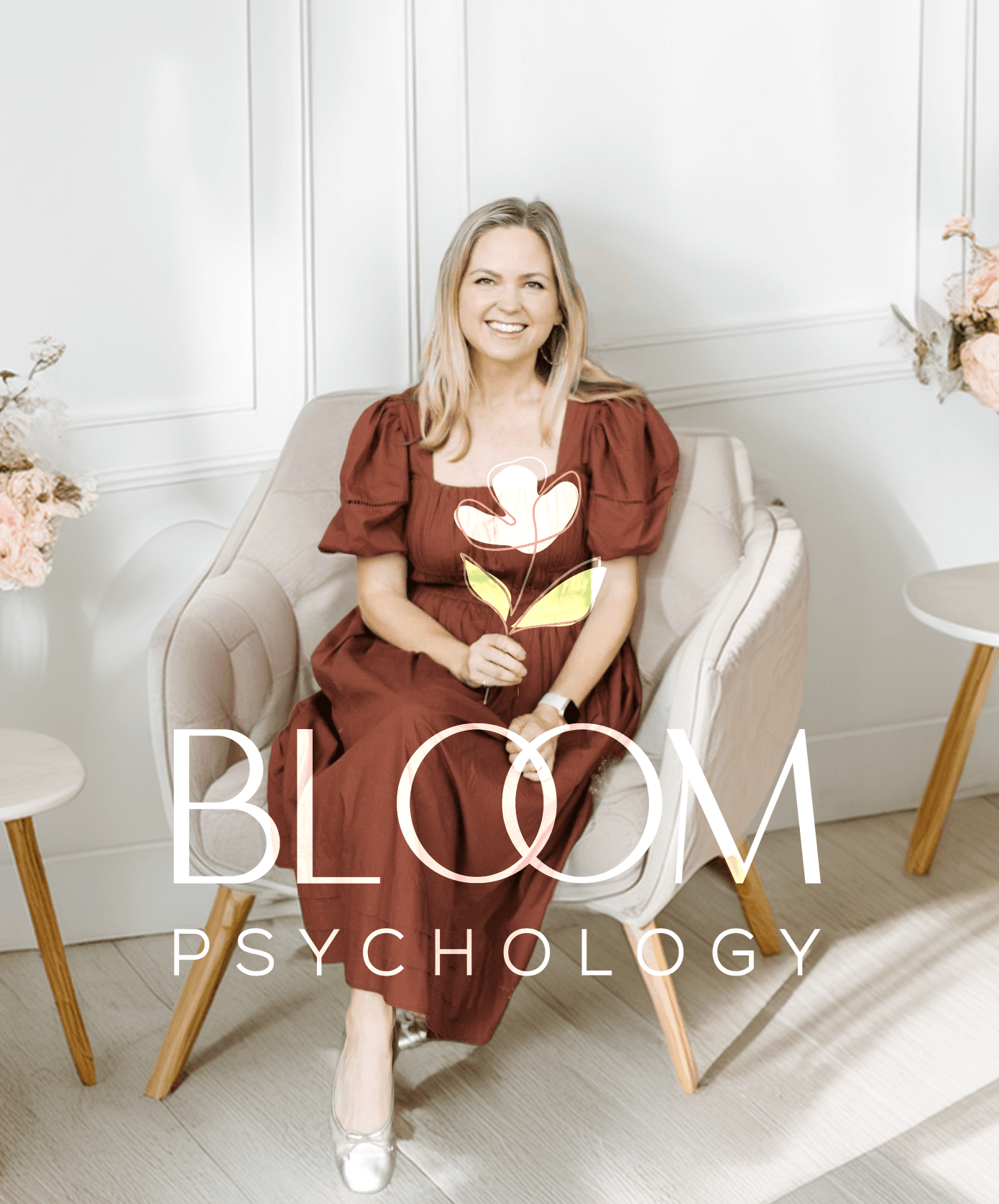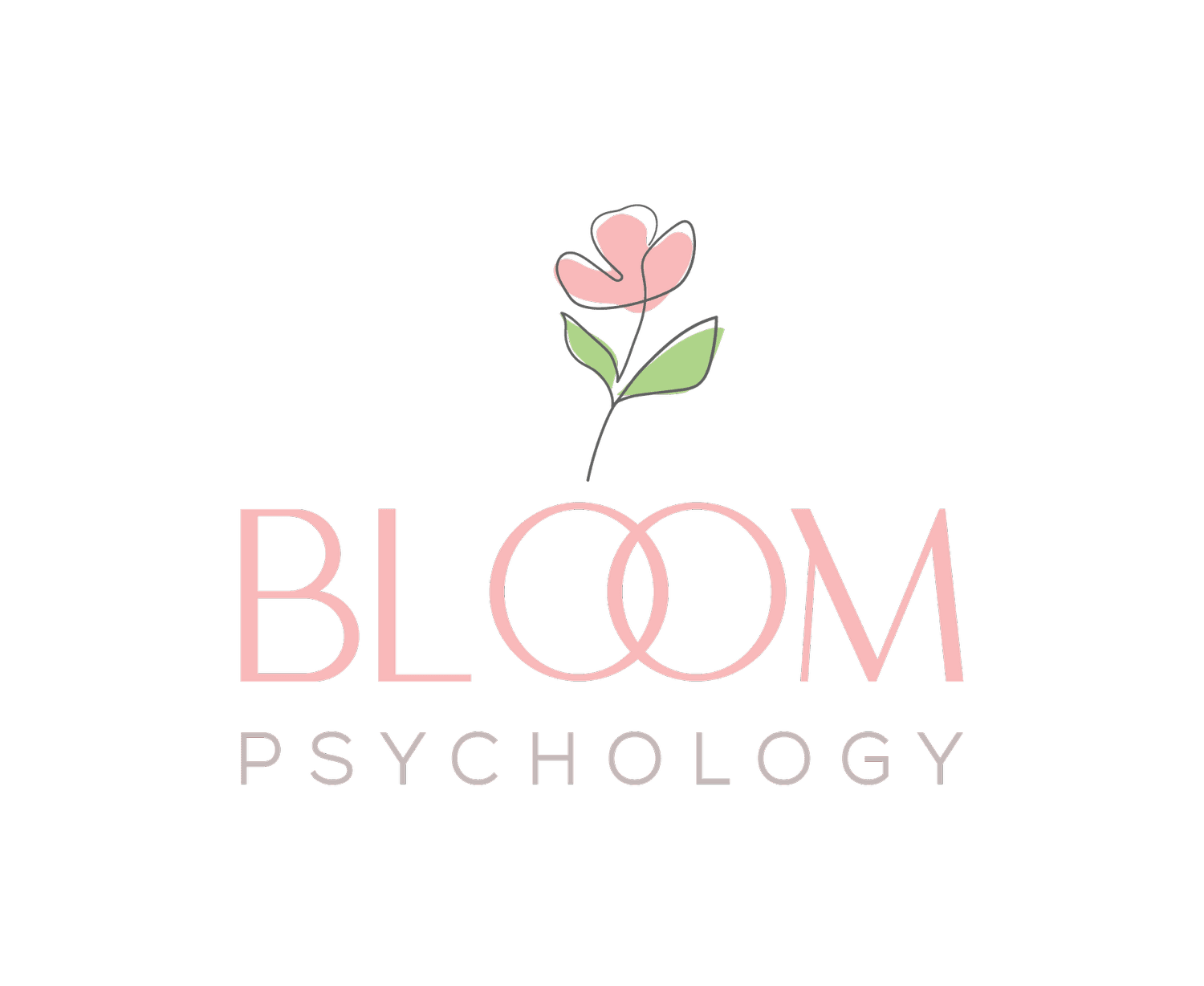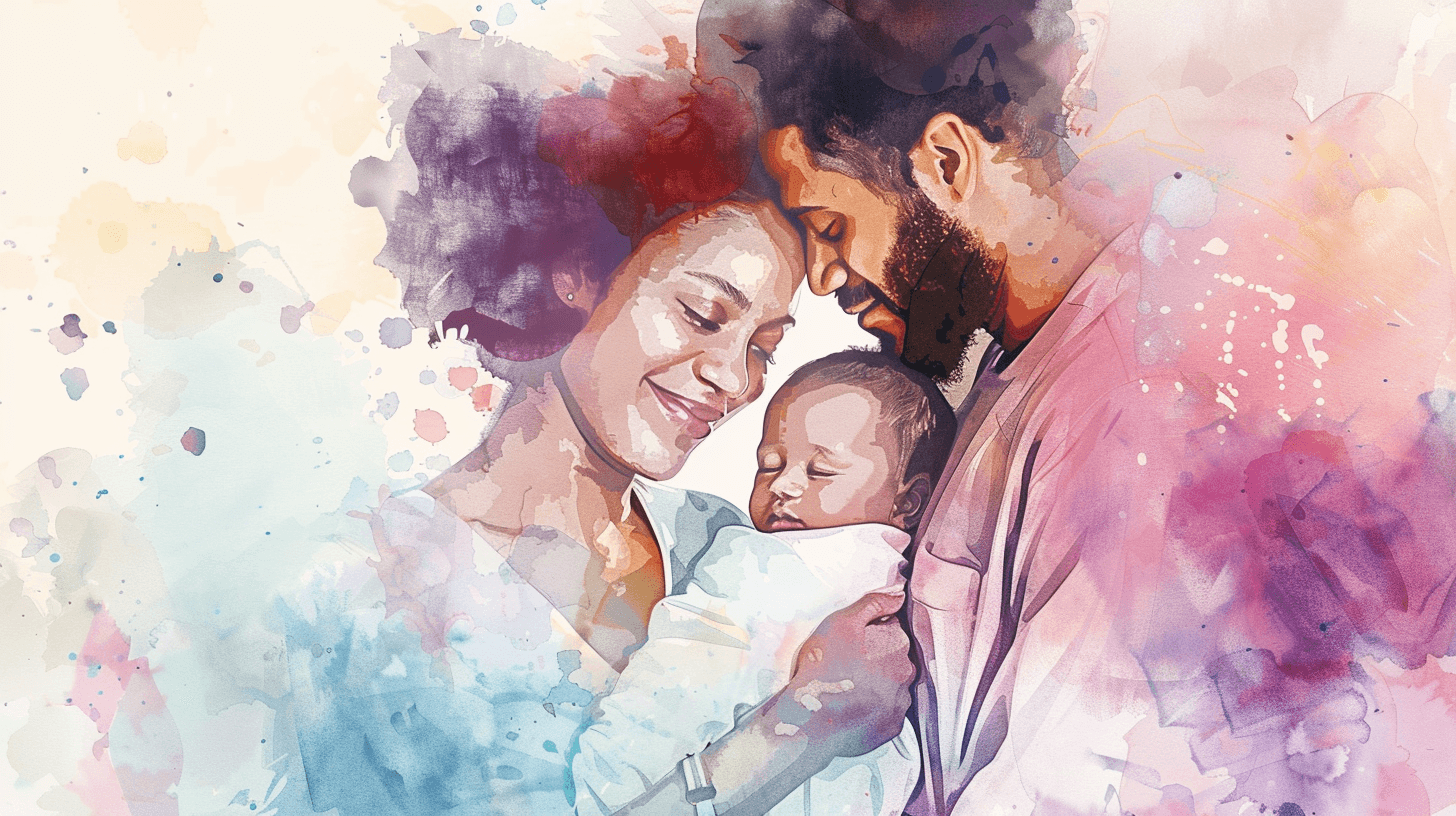Listen to this article
Narrated by Dr. Jana Rundle• 7.8 MB
Keyboard shortcuts: Space or K to play/pause • ← → to seek ±5s
Your partner just had a baby. You're both exhausted, overwhelmed, and trying to figure out how to keep this tiny human alive while running on minimal sleep.
And something feels... off.
Maybe she's crying more than usual. Maybe she's anxious all the time. Maybe she says she's fine, but you can tell she's not.
You want to help. But you don't know what to say or do. You're worried that bringing it up will make things worse.
I'm going to give you the roadmap you need—from someone who's guided hundreds of partners through this exact situation.
Let's talk about how to actually support your partner through postpartum depression, anxiety, or other perinatal mood disorders.
First: What You Need to Know About Postpartum Mental Health
It's Common
- 1 in 7 women experience postpartum depression
- 1 in 10 experience postpartum anxiety
- Many experience both simultaneously
- It can start during pregnancy (learn about prevention strategies if you're pregnant) or any time in the first year postpartum
It's Not Her Fault
Postpartum mood disorders are caused by:
- Dramatic hormonal shifts (estrogen and progesterone plummet after birth)
- Sleep deprivation (chronic sleep loss impairs brain function)
- Physical recovery from pregnancy and birth
- Major life transition and identity shift
This is a medical condition, not a personal failure.
It's Treatable
- Cognitive Behavioral Therapy (CBT) and Interpersonal Therapy (IPT) are highly effective
- Medication (SSRIs) works well, often safe for breastfeeding
- Most women feel significantly better within 6-8 weeks of starting treatment
- Full recovery is absolutely possible
Warning Signs: What to Watch For
You might not know exactly what postpartum depression or anxiety looks like. Here are the signs:
Emotional/Mood Changes
- Persistent sadness, crying, or emotional numbness
- Excessive worry or panic
- Irritability or anger (sometimes more prominent than sadness)
- Loss of interest in things she used to enjoy
- Feeling disconnected from the baby or from you
Physical Symptoms
- Inability to sleep even when the baby sleeps
- Sleeping excessively or refusing to get out of bed
- Significant appetite changes (not eating or overeating)
- Extreme fatigue beyond normal new-parent tired
Behavioral Changes
- Withdrawing from you, friends, family
- Avoiding the baby or being overly fearful about the baby
- Difficulty making decisions or concentrating
- Obsessive checking or reassurance-seeking
- Saying things like "You'd be better off without me" or "I'm a terrible mother"
The Most Concerning Signs
🚨 Immediate help needed if she:
- Talks about harming herself or the baby
- Has thoughts that she or the baby would be "better off dead"
- Experiences hallucinations or delusions
- Shows signs of psychosis (extreme confusion, paranoia, hearing voices)
If you see these signs, call 988 (Suicide & Crisis Lifeline) or take her to the ER immediately.
What TO Do: Practical Support Strategies
1. Name It (Gently)
Don't wait for her to bring it up. Many women with PPD don't recognize it themselves or are too ashamed to ask for help.
How to start the conversation:
✓ "I've noticed you seem really overwhelmed lately. How are you actually feeling?"
✓ "You don't seem like yourself. I'm worried about you. Can we talk about it?"
✓ "I read that a lot of new moms struggle with anxiety or depression after having a baby. Do you think that might be happening?"
What NOT to say:
❌ "You're being really emotional lately"
❌ "Snap out of it"
❌ "Other moms handle this fine"
❌ "You should be happy—we have a beautiful baby"
2. Believe Her
If she tells you she's struggling, believe her immediately. Don't downplay or dismiss it.
Validate her experience:
✓ "That sounds really hard. I'm glad you told me."
✓ "This must be so overwhelming. You're not alone in this."
✓ "Thank you for trusting me with this."
Don't minimize:
❌ "I'm tired too"
❌ "It's probably just hormones—it'll pass"
❌ "You're just overwhelmed because the baby isn't sleeping"
"Even if you don't fully understand what she's going through, trust that it's real for her."
3. Take Action: Help Her Get Professional Support
She might resist getting help because:
- She thinks she should be able to handle it alone
- She's ashamed
- She doesn't have the energy to research therapists
- She thinks it's not "bad enough"
Your role: Make it as easy as possible for her to get help. Concrete actions you can take:
✓ Call her OB or midwife and ask for a mental health screening and referral
✓ Search for postpartum therapists
✓ Call 3-5 therapists, explain the situation, and ask about availability
✓ Schedule the first appointment for her
✓ Arrange childcare or take time off work so she can attend therapy
✓ Offer to go to the first appointment with her
✓ "I'm handling all nighttime diaper changes this week"
✓ "I'm doing grocery shopping and meal prep on Sundays"
✓ "I'll take the baby for a walk every evening so you can have an hour to yourself"
✓ "I'm going to clean the kitchen after dinner—you rest"
Focus on:
- Sleep: Protect her sleep fiercely. Take night shifts when possible.
- Food: Make sure she's eating regular meals (prep easy snacks, order takeout)
- Breaks: Give her time away from the baby—even 30 minutes makes a difference
- Household tasks: Handle laundry, dishes, cleaning without being asked
5. Learn About Postpartum Mental Health
Educate yourself so you can be a better support.
Resources for partners:
- Read articles on postpartum.net
- Listen to PSI's partner-focused resources
- Join a partner support group (PSI offers these)
- Ask her therapist if you can join a session to learn how to help
"The more you understand, the less scary this becomes—for both of you."
6. Monitor for Safety
If she's experiencing severe symptoms, you need to keep her and the baby safe.
Red flags that require immediate action:
- Suicidal thoughts or statements
- Thoughts of harming the baby
- Extreme confusion or disorientation
- Hallucinations or delusions
- Complete inability to care for herself or the baby
What to do:
- Don't leave her alone if you're concerned about safety
- Call 988 or take her to the ER if she's in crisis
- Remove access to means (medications, weapons) if there's suicide risk
- Contact her doctor immediately for emergency guidance
This is not overreacting. Postpartum psychosis and severe PPD can be life-threatening.
7. Encourage but Don't Force Treatment
You can't force someone into therapy or medication, but you can strongly encourage it.
If she's resistant:
✓ "I really think talking to someone could help. Can we at least try one session?"
✓ "I know you don't think it's 'bad enough,' but you deserve to feel better. Let's get you some support."
✓ "What if we call the PSI helpline together and just see what they say?"
If she absolutely refuses professional help:
- Keep the conversation open: "I'm here when you're ready to talk about this"
- Continue monitoring her closely
- Reach out to her OB or doctor yourself (with her permission) to express concerns
- Call PSI for guidance on how to proceed: 1-800-944-4773
What NOT to Do
Don't Solve, Don't Fix, Don't Minimize
Your instinct: Fix the problem, offer solutions, cheer her up
What she needs: To feel heard, validated, and supported—not fixed
Instead of:
❌ "Maybe you should exercise more"
❌ "Think positive!"
❌ "Your sister had three kids and never needed therapy"
❌ "My friend's wife bounced back right away"
❌ "Other moms seem to handle this better"
Every woman's experience is different. Comparisons just add shame and pressure.
Don't Expect Her to "Snap Out of It"
Postpartum depression is a medical condition. You can't willpower your way out of it any more than you can willpower your way out of diabetes.
It takes time. Even with treatment, recovery is gradual—not a sudden switch.
💡 How to Take Care of Yourself
Supporting a partner with PPD is exhausting. You're picking up extra responsibilities, managing your own emotions, and worrying about her.
You need support too.
✓ Join a partner support group (PSI offers these—check postpartum.net)
✓ Talk to a friend or therapist about what you're going through
✓ Take breaks when you can (ask family/friends to help so you can recharge)
✓ Set boundaries (you can't pour from an empty cup)
✓ Remember this is temporary (with treatment, she will get better)
"It's not selfish to take care of yourself. You can't support her if you're completely depleted."
What Recovery Looks Like
Recovery from postpartum depression isn't linear. There will be good days and bad days.
Signs she's getting better:
- More smiles, laughter, engagement
- Better sleep (when baby allows it)
- Increased interest in the baby and in activities she used to enjoy
- Less irritability and crying
- More energy and motivation
Timeline:
- Weeks 1-4 of treatment: Small improvements, building coping skills
- Weeks 4-8: Noticeable mood improvements
- Weeks 8-12: Significant reduction in symptoms
- 3-6 months: Most women feel back to themselves (or close to it)
She may not feel "100%" right away—and that's okay. Progress is what matters.
Real Questions from Partners
"How do I know if it's PPD or just normal new-parent stress?"
Normal stress: Feeling tired, overwhelmed, occasionally tearful—but still able to function and experience moments of joy
PPD: Persistent, severe symptoms that interfere with daily life, lasting more than 2 weeks
When in doubt, get her screened. It's better to check and be wrong than to miss it.
"What if she doesn't want help?"
Keep encouraging her. Share information about PPD. Normalize it ("This is really common—1 in 7 new moms go through this").
If she's truly resistant but clearly struggling, you can call her OB yourself to express concerns or contact PSI for guidance.
"Should I tell her family?"
With her permission, yes. Social support is crucial for recovery.
Without her permission: Only if she's in danger and you need immediate help keeping her safe.
"Can she breastfeed if she takes medication?"
Many antidepressants (SSRIs) are safe for breastfeeding. Her doctor or psychiatrist can recommend options.
Don't pressure her to stop breastfeeding OR to avoid medication. Both decisions are hers to make with her doctor's guidance.
"How do I support her if I'm at work all day?"
- Text her during the day to check in
- Come home and immediately take over baby duty so she can rest
- Handle evening/nighttime responsibilities
- Arrange for daytime help (family, friends, or hired support) if possible
Consistency matters more than quantity. Even small, reliable gestures help.
When to Involve Others
Sometimes you need backup.
Call in reinforcements if:
- You're overwhelmed and need support
- She's resistant to getting help
- Symptoms are severe or worsening
- You're worried about her safety
Who to contact:
- Her OB or midwife
- Her parents or close friends (with her permission)
- A postpartum doula or support specialist
- PSI HelpLine: 1-800-944-4773
- Therapist or psychiatrist
"You don't have to do this alone."
The Bottom Line
Postpartum depression is hard on both of you. It's scary, exhausting, and can feel hopeless.
But here's what I want you to know:
This is temporary. With support and treatment, she will get better.
Your role as a partner is not to fix her or solve the problem. It's to:
- Believe her
- Get her help
- Take things off her plate
- Be patient
- Remind her she's not alone
You don't need to be perfect. You just need to show up.
"And when she looks back on this time, she'll remember that you were there—fighting for her, supporting her, holding the family together when she couldn't. That's what matters."
---
Resources for Partners:
📞 Postpartum Support International - 1-800-944-4773 - Partner support groups and resources
📞 Bloom Psychology - Specializing in postpartum mental health. Schedule a free consult for your partner here.
🌐 PSI Partner Resources - Help for Dads
---
Dr. Jana Rundle is a licensed clinical psychologist specializing in maternal mental health at Bloom Psychology in Austin, Texas. She works with both individuals and couples navigating postpartum mental health challenges.
Get More Like This
Join hundreds of moms receiving monthly mental health insights, evidence-based tips, and new articles.
No spam. Unsubscribe anytime.
Specialized Postpartum Support
Get compassionate, evidence-based care tailored to your postpartum journey.
Start Your Therapy Journey
Work with Dr. Jana Rundle, a licensed psychologist specializing in maternal mental health.
Schedule Free Consultation
Dr. Jana Rundle
Clinical Psychologist



